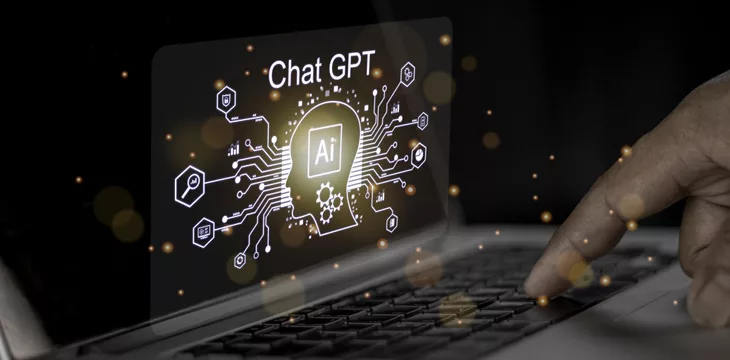|
Getting your Trinity Audio player ready...
|
Japan’s Personal Information Protection Commission (PIPC) has warned OpenAI to reevaluate its methods for collecting data to ensure compliance with existing rules. The commission ordered the AI firm to obtain consent before using sensitive data for its machine learning objectives.
In the widely circulated statement, the regulator noted that it would not hesitate to take further action against OpenAI if it continues violating privacy rules. In more optimistic tones, the privacy watchdog urged OpenAI to maintain a healthy balance between privacy and positive users of generative AI.
The regulator reeled out a range of benefits in health, mitigating climate change, and even improving government systems. Experts note that OpenAI has many reasons to comply with the PIPC’s directive, including the fact that Japan is its third-largest traffic source.
In April, OpenAI CEO Sam Altman indicated an interest in opening an office in Japan after meeting with Prime Minister Fumio Kishida, pledging to mitigate the downsides of AI adoption. Altman confirmed his resolve to promote the safe use of the technology to the ruling party lawmakers stating that “the development of AI will be one of the most important technological revolutions ever.”
Japanese lawmaker Takashi Kii raised the alarm over the lack of regulations protecting copyright holders from AI misuse, hinting at the development of new regulations. Kii warned of the impending danger of a flurry of intellectual property infringement lawsuits against AI platforms for failing to seek permission from copyright holders.
Nearly 70% of surveyed Japanese residents affirm their preference for stricter rules to guide the development of AI in the country. Hirokazu Matsuno, Japan’s Chief Cabinet Secretary, remarked that the government is receptive to integrating AI to streamline administrative processes if sufficient privacy and security guardrails are available.
ChatGPT’s brush with global regulators
Since its proliferation into the digital currency, finance, and educational sectors, ChatGPT has multiple brushes with regulators, culminating in a temporary ban in Italy for violating the European Union’s General Data Protection Regulation.
China issued a blanket ban on ChatGPT with stiff fines and a jail term for offenders, while the U.K., Canada, and the U.S. are consulting with stakeholders on the best ways to regulate generative AI.
Following a data leak, Samsung (NASDAQ: SSNLF) banned employees from using ChatGPT, while other tech firms like Amazon (NASDAQ: AMZN), Verizon (NASDAQ: VZ), and Accenture (NASDAQ: ACN) issued similar restrictions to their staff. OpenAI recently launched a $1 million cybersecurity grant designed to mitigate the threat posed by cybercriminals on a global scale.
In order for artificial intelligence (AI) to work right within the law and thrive in the face of growing challenges, it needs to integrate an enterprise blockchain system that ensures data input quality and ownership—allowing it to keep data safe while also guaranteeing the immutability of data. Check out CoinGeek’s coverage on this emerging tech to learn more why Enterprise blockchain will be the backbone of AI.
Watch: AI, ChatGPT, and Blockchain on CoinGeek Roundtable with Joshua Henslee

 03-03-2026
03-03-2026 




